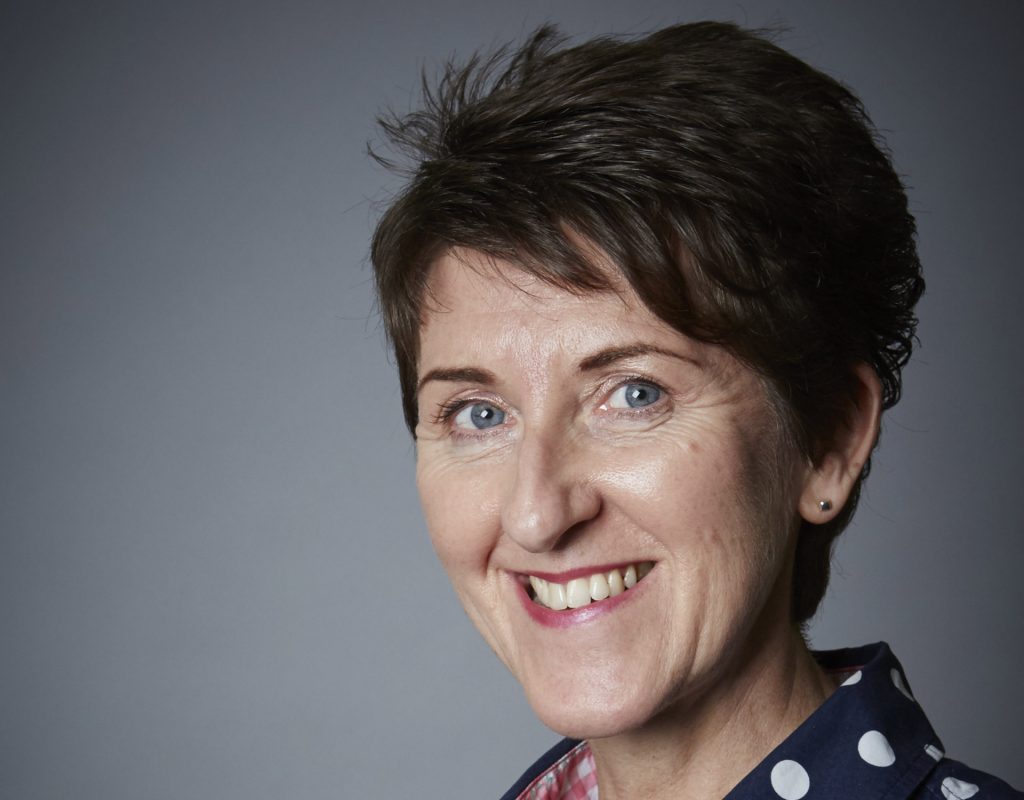Seven career questions to Maud Davis

About the author
Richard Bailey Hon FCIPR is editor of PR Academy's PR Place Insights. He teaches and assesses undergraduate, postgraduate and professional students.

Seven career questions to Maud Davis
Maud Davis is a public relations, consultant, trainer. and lecturer She is course leader for the new CIPR Professional PR Certificate with PR Academy.
What was your route into PR and comms?
I worked as a journalist for Good Housekeeping magazine and this provided the springboard for me to move into PR by working for a food PR agency.
What skills and experience helped you secure your current (or most senior) post?
I have a natural curiosity about people and the world that we live in. So, I seek out new experiences, I talk to people and I read lots to gain knowledge and skills that apply to my current role.
For example during my early career in food PR, I enrolled in courses about Chinese, Thai and Indian food to help me with the work that I did for Sharwood’s. I even did a wine course so that I didn’t sound like an idiot when talking to my client and journalists about French wines.
I’ve studied for professional qualifications too and whilst these can look great on a CV they’ve benefited me most by giving me confidence (and I see the same thing happening to my students on the PR Academy courses that I lead).
Who has inspired, helped or mentored you along the way?
Lots of people have helped me be the person that I am today – far too many to mention here. Those who stand out are Gareth Jones who taught me so much about food writing, Bill Moir, who gave me the confidence to follow a passion and become a PR trainer, Paul Noble, who introduced me to CIPR and PR Academy, Caroline Black who has a fantastic ability to make the complicated simple and Jennifer John of Ceres PR who continues to inspire me through her never ending energy.
What are your professional affiliations / attitudes to PR professional bodies?
I am a Fellow of the Chartered Institute of Public Relations and an Associate member of the Chartered Institute of Personnel and Development and use my membership as one way to keep up to date with emerging issues and knowledge.
What is your commitment to public relations education, qualifications and professional development?
I learn best though experience and interacting with others so keep my skills and knowledge updated through working as a PR consultant in the food sector as well as participating in the educational sector at all levels. So, I will go to events and conferences as well as network with those in the food industry.
I mentor disadvantaged young people as well as those who work in communications who are on fast track and leadership programmes. I teach students on BA and Masters programmes. I run workshops for all kinds of organisations and I coach people who work in PR. I find any opportunity that I can to interact with a diverse range of people so that I continue to widen my perspective.
What advice can you offer to those starting out in PR and comms?
Be curious – watch, listen, read and talk to others about what is going on around you and learn from how people and organisations are communicating with each other.
This is a vibrant, dynamic industry that requires young people who are from many diverse backgrounds and who can bring different perspectives to benefit the organisations that they work for. Those starting out will have to stand out from the crowd.
So people starting out in PR and comms should consider what they can bring to the table. Find something that you are passionate about and become a guru in it.
What one thing about public relations would you change for the better?
I would encourage people who work in public relations to find time to get back to talking to people in a face to face environment because there is an over-reliance on communicating digitally (sending an email, text message or documentation) when in fact, a proper natter might be better.